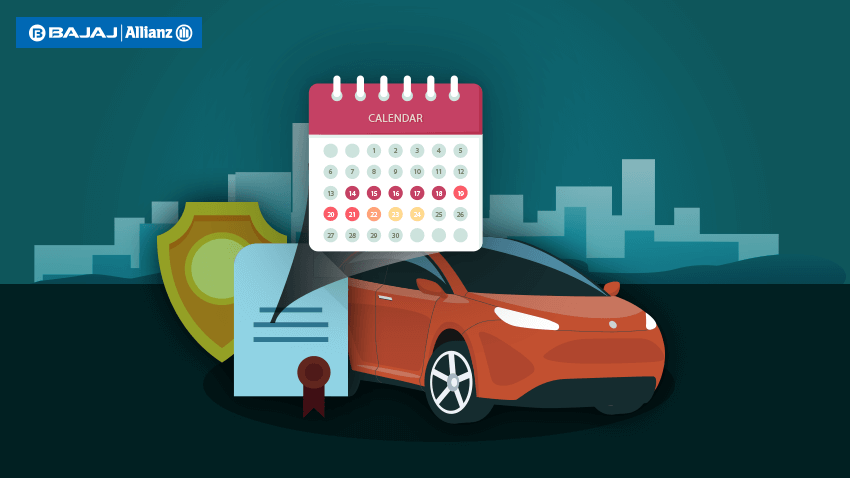Being aware of your car’s value is essential if you are planning to sell it, if not today, but in the future. It not only helps you in setting the right selling price but also aids in selecting suitable
car insurance online.
Many times, it is seen that car owners unnecessarily overprice their cars. This not only causes a problem while selling but is also a deterrent for buyers seeking an affordable used car. Hence, it is necessary to determine the right value of your car to ensure you get a decent price at the time of sale.
This article helps you understand how to determine the valuation of your car in addition to its impact on the insurance cover.
How to Determine the Valuation of Your Car?
Valuation is the method of appropriately arriving at a fair value for your car based on various factors such as depreciation and previous accidents. This value is known as the Insured Declared Value or IDV and is a commonly found term in comprehensive car insurance plans.
Time is the principal component based on which different depreciation rates are standardized to help you determine the correct IDV. This table below mentions the effective IDV after accounting for depreciation:
Age of the car
|
Percentage of depreciation for calculating IDV
|
Effective Insured Declared Value (IDV)
|
| Up to 6 months |
5% |
95% |
| More than 6 months to 1 year |
15% |
85% |
| More than 1 year to 2 years |
20% |
80% |
| More than 2 years to 3 years |
30% |
70% |
| More than 3 years to 4 years |
40% |
60% |
| More than 4 years to 5 years |
50% |
50% |
* Standard T&C Apply
While the above table can help determine the value of your used car, you can also make use of a
car insurance calculator.
Impact of Valuation on Car Insurance
The insurance policy is impacted based on the insured declared value of your car. Let’s look at how the valuation of a used car impacts the insurance from a buyer's and a seller’s perspectives.
· Point of View of a Seller
For a seller, having a car with a lower valuation would result in a loss when selling it to another person. In addition to that, this valuation (IDV) would also result in a lower insurance payout in an event of a total loss such as theft. Contrary to that, a higher valuation would not attract the right buyers, along with impacting the car insurance premium as a higher IDV is set. Thus, it is essential to set the right value not only for selling your car but also for ensuring the right compensation in the event of a total loss situation. *
· Point of View of a Buyer
From a buyer’s perspective, the car insurance policy that must be transferred from the seller can be either a third-party policy or a comprehensive insurance cover. Among the two, third-party coverage is mandatory, but a comprehensive cover is optional. Hence, many buyers choose to buy a comprehensive plan with a broader scope but lower the IDV to save on premiums. Doing so may result in a loss that the buyer would be required to pay in the event of total loss. *
* Standard T&C Apply
The Bottom Line
Keeping these points in mind, make sure to always set the right IDV to ensure coverage as well as valuation for a used car at the time of
car insurance renewal online or offline.
Insurance is the subject matter of solicitation. For more details on benefits, exclusions, limitations, terms and conditions, please read the sales brochure/policy wording carefully before concluding a sale.
 Service Chat:
Service Chat: 

